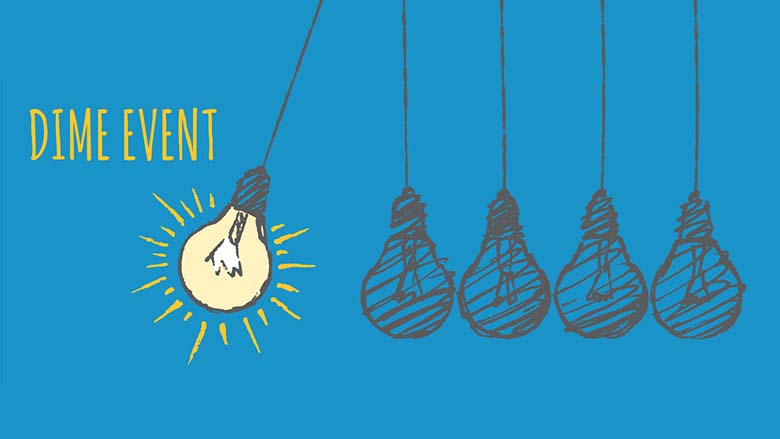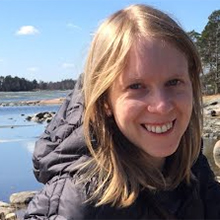Access to formal banking is increasing across the world and may transform how people manage their finances. We report from a field experiment that randomly provides access to a bank account to a representative sample of villagers in rural India. The treated respondents save actively into the account and their individual savings increase. There is, however, no significant impact on mean household savings nor on average expenditures, income, loans or transfers. Based on weekly data from financial diaries, we show the control households partially smooth consumption through transfers received from others. The treated households smooth consumption (and nutrition) better than the control households, thanks to pro-cyclical saving on the account. The latter result provides an important new insight into the role of banking in low and middle-income countries.
Events
Access to Banking, Savings and Consumption Smoothing in Rural India
March 17, 2020
Washington, DC

-
-
-
DIME is a World Bank-wide program to generate knowledge on the effectiveness of development policies. Working across 18 thematic areas, DIME collaborates with 300 agencies in 72 countries to improve the effectiveness of policies and programs and strengthen country capacity for real-time evidence-based policy-making. More »
Event Details
- Date: Tuesday, March 17, 2020
- Time: 12:30 PM – 2:00 PM
- Location: 12:30 PM – 2:00 PM
- CONTACT: Silvia Velez Caroco
- svelezcaroco@worldbank.org
